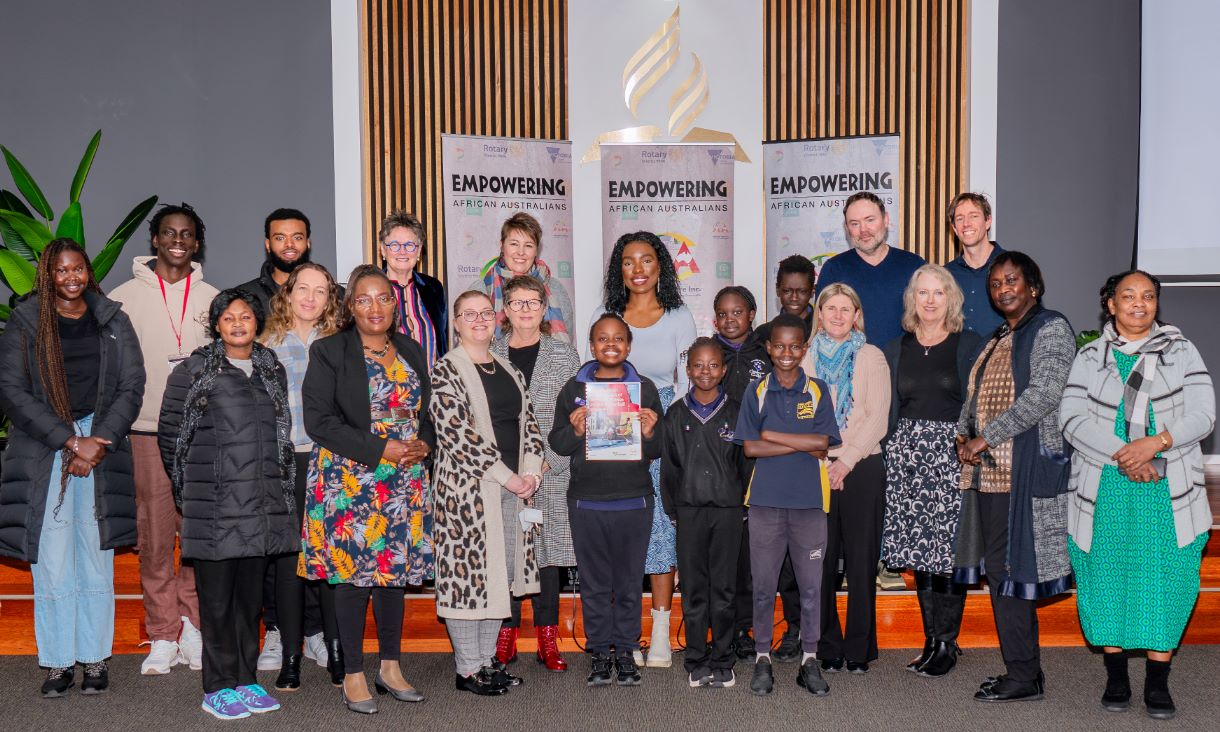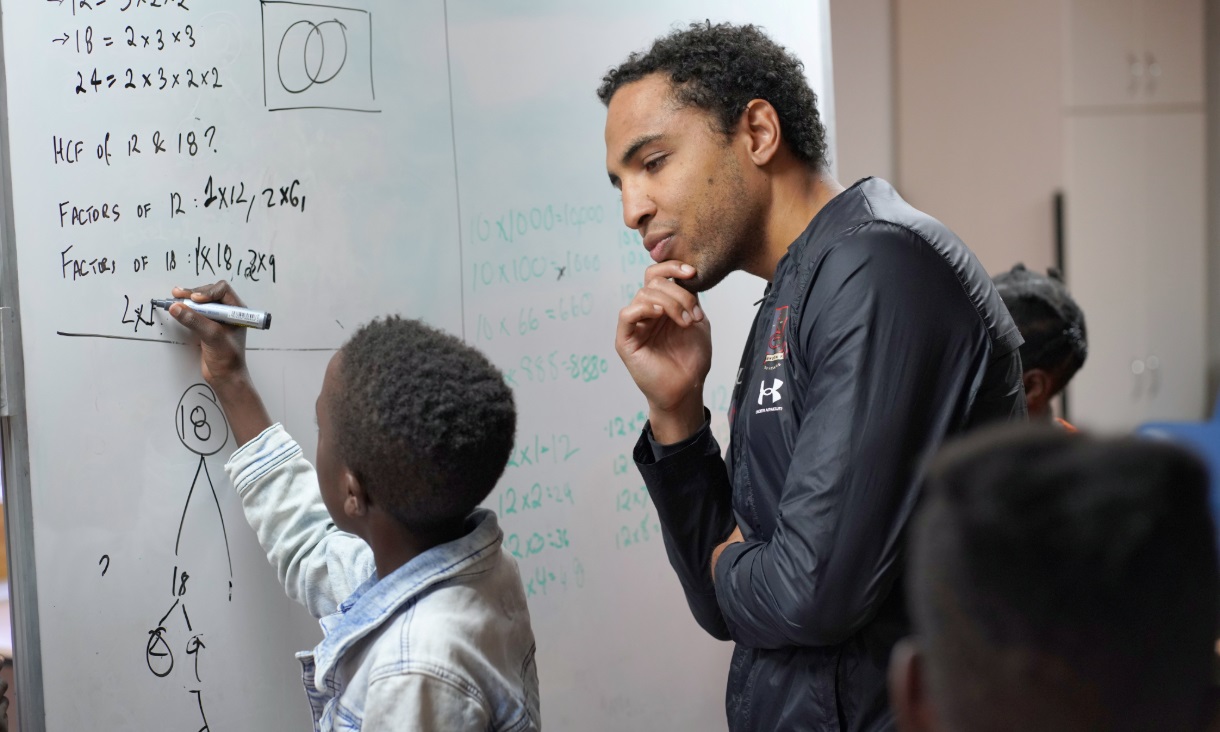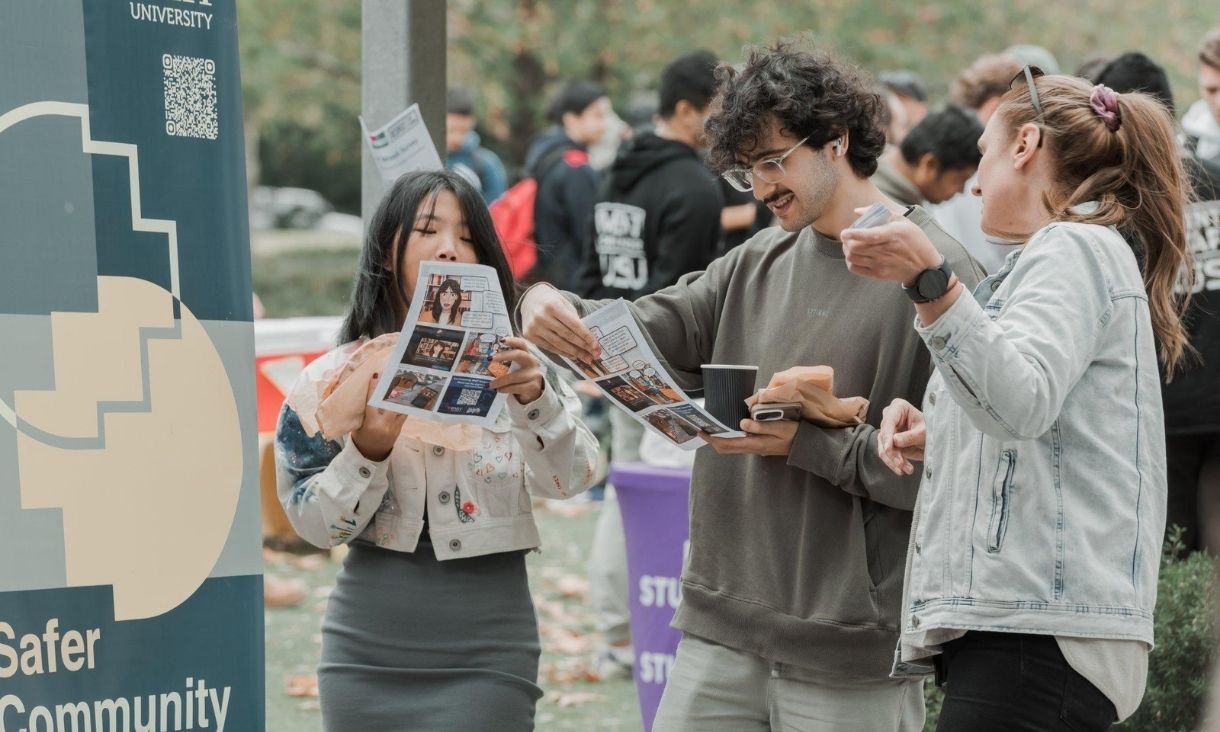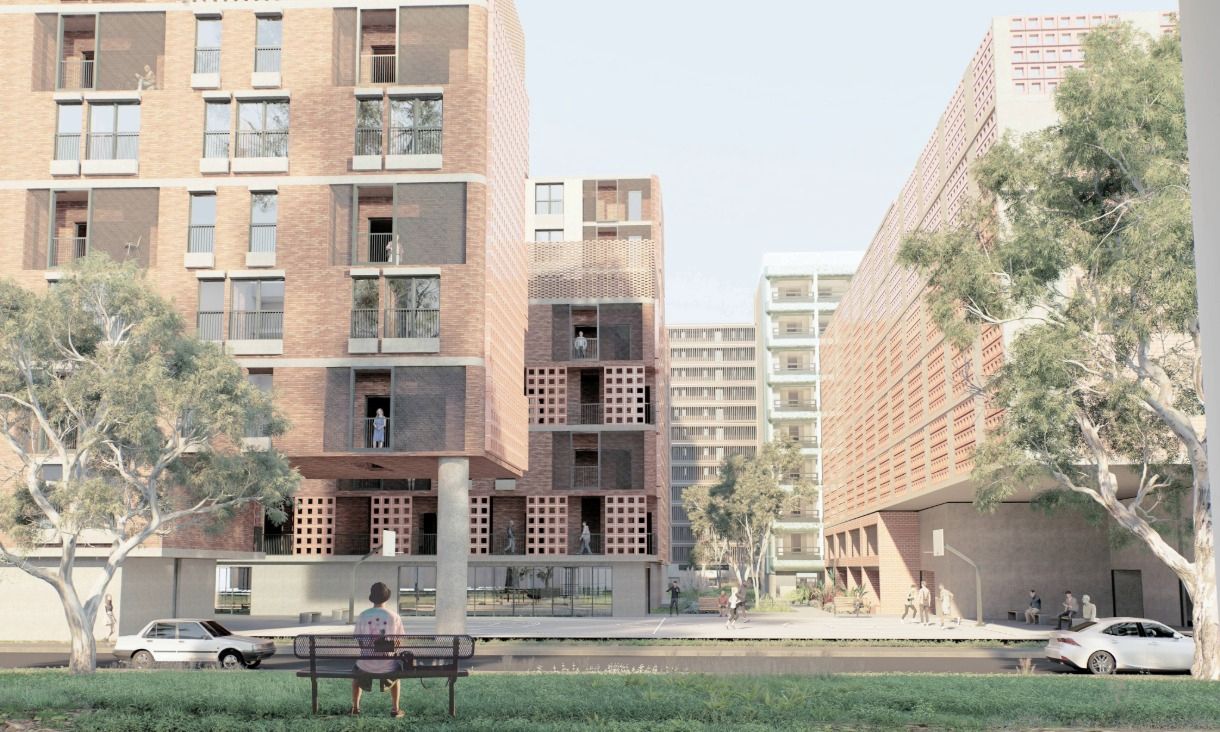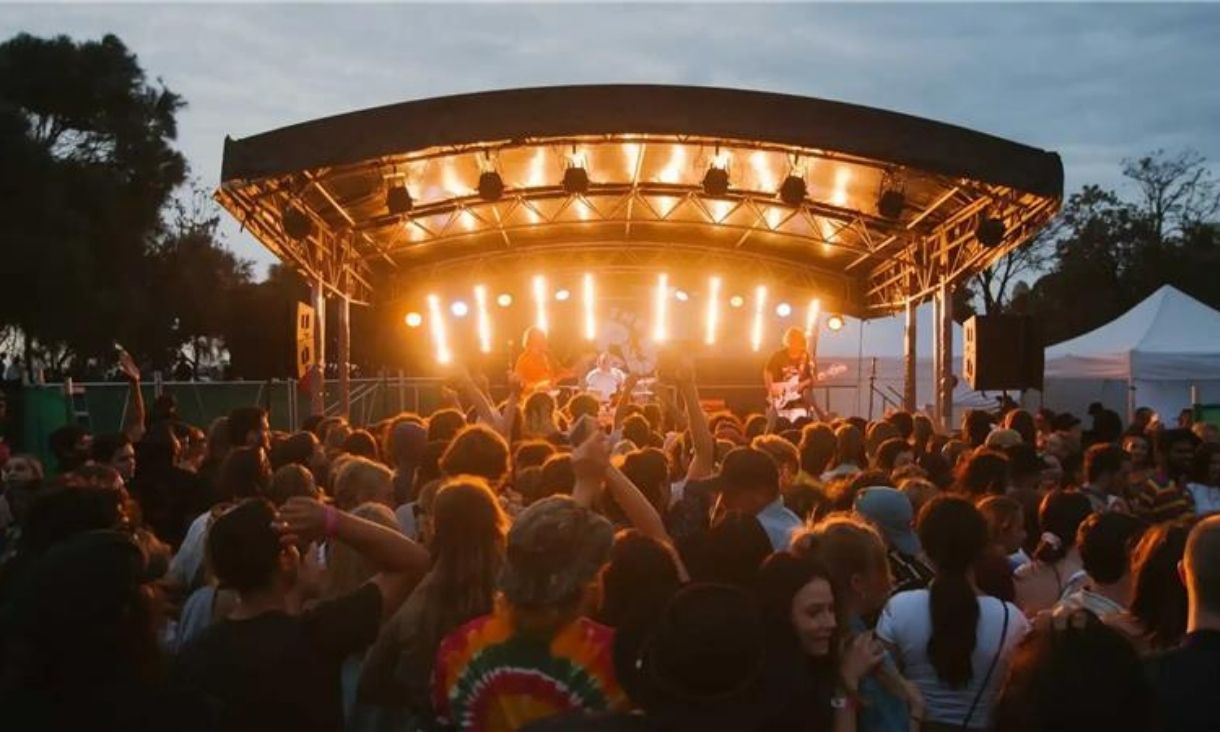Associate Professor Ronnie Egan from the RMIT Social Equity Research Centre said the Black Rhinos Junior Basketball program has helped bring students, their families and the community closer together.
“We worked with the community to co-design what a sports-based youth development program for African-Australians and their families would look like,” she said.
“As a result, we saw enhanced engagement with learning, leading to increased school attendance and better grades.
“By strengthening relationships and engagement with learning, we created a sense of belonging for a group of people who had long been denied that feeling.”
Afri-Aus Care CEO and Founder Selba-Gondoza Luka said key to the Junior Black Rhino’s success was the involvement of the African-Australian community from the design phase.
“If you work with the community to develop the program, it will have a better impact,” she said.
"My heartful thanks to VicHealth and RMIT for working with us and with the community."
Select students at Narre Warren South P-12 and Cranbourne Carlisle Primary School were matched with youth mentors, who started basketball training and games during lunchtime at both schools and provided individual mentoring with a focus on building trust.
The program was underpinned by an indigenous African philosophy called UBUNTU, which prioritises reciprocity, mutuality, participation and inclusion for collective wellbeing.
Once youth mentors had established relationships with students and school staff, RMIT researchers worked with the mentors to develop workshops, some involving basketball, incorporating life-skills development activities.
Along with homework clubs, the mentors provided in-class support, which promoted student engagement and participation in class, enhancing the ability to cope with classroom challenges and distractions.
In year seven I used to get mad over small things, cause fights ... portrayed as being bad and stuff ... Helping me to focus on school, control my anger ... (mentor name), he comes to my class, and talks about it and most of the time, he’s usually around when stuff happens, so like, he’s always trying to diffuse it, taking me for walks, control my anger ... some people muck around and they do something that makes me mad, but (mentor name) says to come to him and go for walk and get some water to calm me down, come back to class and finish my work. – Junior Black Rhinos participant.
But perhaps the most special addition to the program was a weekly community gathering on Sundays, where children, relatives and community members gathered to play basketball, facilitated by a youth mentor.
While the children took part in basketball and the homework club, the Mammas – biological mothers, aunties or female carers of African descent – gathered to cook dinner for everyone.
Here, the community spirit thrived as everyone came together and formed stronger bonds over a meal, or as one of the Mammas put it: “It’s really important, everyone gets happy when they see food. Even our kids, as soon as they finish the homework, they’ll be running like is food ready? Like excitement, really excitement. They eat together. That is different than eating at home alone.”

